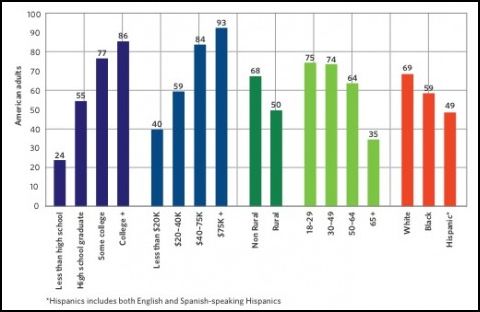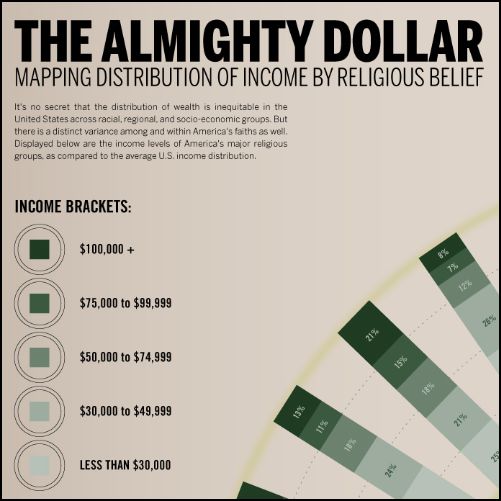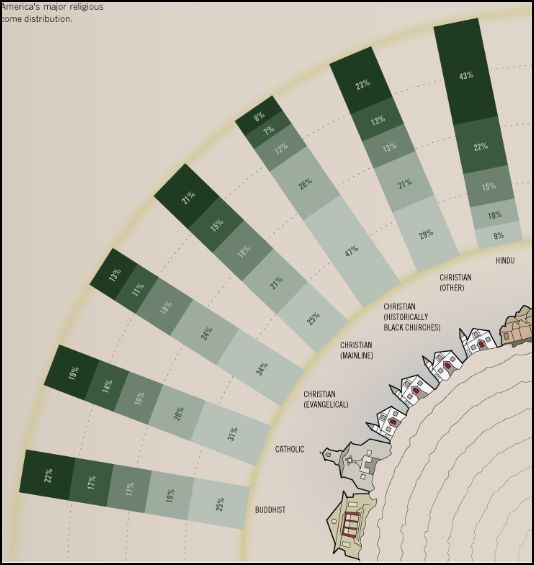Ms. Marx snapped a picture of an ad for Montessori school in Ontario. Montessori schools are private schools (grades K-12) with an alternative pedagogy, or educational philosophy.
The slogan for this advertising campaign is: “Every child, every chance, every day.” In Ontario, Ms. Marx reports reports that tuition is $7,000 per year; in Toronto, tuition can be 10,300 for kindergartners and $19,895 for juniors and seniors in high school. So, the ad manages to completely erase the possibility that, while every child might benefit from a fantastic private school education from kindergarten on, not every parent can afford it.
Or, as Ms. Marx puts it:
Maybe it should say “Every child whose parents can afford the tuition, every chance offered to children of the elite, every day in capitalist societies.”
Lisa Wade, PhD is an Associate Professor at Tulane University. She is the author of American Hookup, a book about college sexual culture; a textbook about gender; and a forthcoming introductory text: Terrible Magnificent Sociology. You can follow her on Twitter and Instagram.








